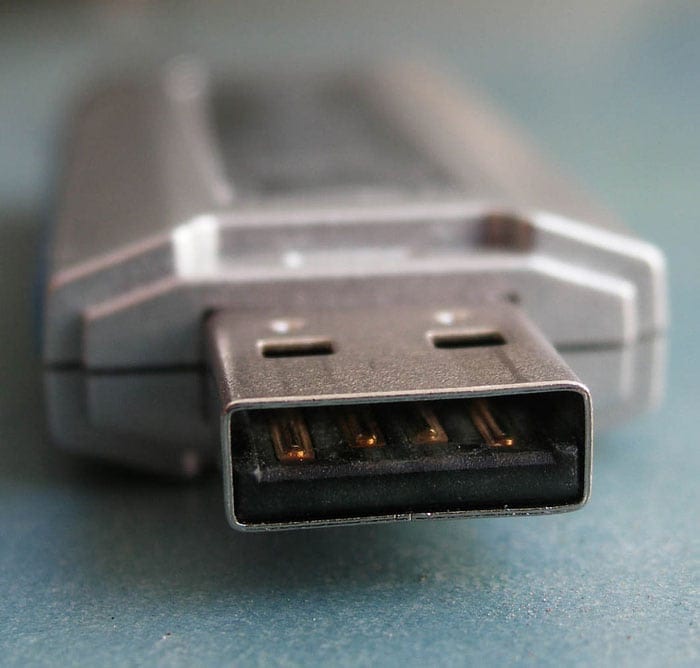Put that thing down; you don’t know where it’s been!
Contestants at a cybersecurity event in Taiwan were given quite a surprise when the USB drives they received as a prize were infected with a malicious program.
Authorities announced that a projected 54 of the 250 flash drives handed out were infected by malware, many of which are still in circulation. In this instance, the software was discovered on the drives after being flipped over eighteen times and plugged into a computer; the program collected personal data from the computer host and sent the information to an inactive server in Poland. How did the malware come to find itself on these USB drives? An employee of the security conference plugged them into a bugged computer when trying to verify their 8GB storage capacity. I guess you could say these infected laptops were pretty sick!
At conferences around the world, such as the annual U.S. Federal Reserve conference, flash drives have become a common party-favor or handout. However, most people do not question the security of these flash drives before putting them to use. Unlike when mom would tell you to, “Put that thing down; you don’t know where it’s been,” these computer viruses and malicious software come without warning. Computer viruses are an extremely prevalent epidemic, so how do you know if your USB drives are secure?
USB Drive Security: Protect Yourself
After flipping your flash drive around thirty-two times to fit into the USB port, the best way to ensure your flash drive is virus-free is by waiting to open the file contents and scanning it first. Nottingham Trent University released an instructional guide on how to scan USB drives and clear out any malicious software. By doing this right away, potential viruses can be deleted before accidentally being launched onto your computer or laptop.
Trusting Technology
Because technology is so prevalent in our daily lives, the opportunity for viruses to sneak onto our devices is increasing rapidly. Taking the right precautions to ensure your devices are secure and not being introduced to malicious software will help to counteract bad programs aiming to steal your personal information.
Not the first time
Aside from the outrageous irony, this is not the first time an incident like this has occurred at a large-scale security conference. Here are two more security face-palms…
– May 2010 IBM @ AusCERT Conference
IBM attended this conference in an effort to show off their security credentials, but were red-faced when, a few days later, they had to release a public statement recalling all flash drives handed out. All USB keys had the same malware program.
-Telstra @ AusCERT (Didn’t IBM learn anything from this?) Conference: May 2008
At the same conference, Telstra also handed out infected USB drives unintentionally. This malware was much lower-grade and posed less of a risk to users, but they were also recalled.



VIEW ALL